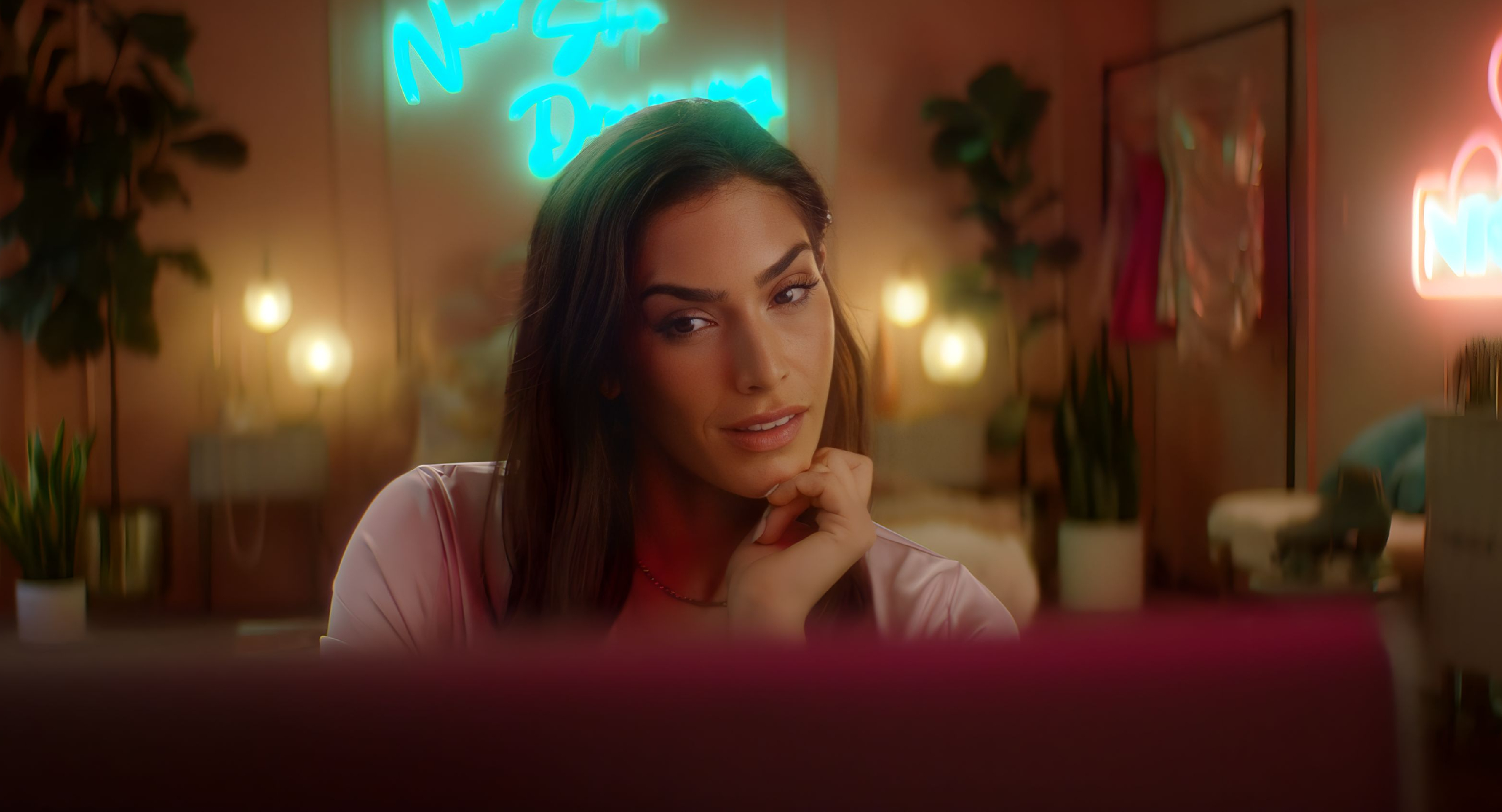Love Virtually – Film Review
Published November 8, 2023

The science-fiction romance film Love Virtually, which was co-written and directed by L.E. Staiman and Cheston Mizel, explores the popular world of virtual reality and online relationships. Four couples, who are all trying to find true love in a virtual world where the Metaverse is widely used, are the focus of the movie. The film falls short of providing a genuinely unique or captivating experience, despite its intriguing premise and the skill of its lead actors, Cheri Oteri and Stephen Tobolowsky. Rather, it seems like a badly done parody of ideas taken from better movies, most notably Ready Player One.
The concept of the film, which examines the ridiculous lengths people will go to in order to find love online, had the makings of an original and provocative narrative. Unfortunately, Love Virtually‘s mediocre storytelling and execution prevent it from reaching its full potential. The film’s attempts to examine the difficulties of virtual relationships and the fuzziness of the boundaries between the real and virtual worlds come across as cliched and shallow, lacking the complexity and depth necessary to have a significant effect.
A significant shortcoming of the flick is its overt ripoff of Ready Player One, the critically and commercially successful virtual reality adventure film. Love Virtually blatantly plagiarizes many aspects of Ready Player One, including the visually stunning virtual environments and the characters’ high-stakes obstacles. Although it’s usual for films to take inspiration from other works, Love essentially falls short of offering anything fresh or original. Rather, it seems like a watered-down version of a previously told tale, leaving viewers feeling let down and experiencing déjà vu.
The film is not much saved by the performances of Cheri Oteri and Stephen Tobolowsky, who play the lead roles. Although both actors possess inherent talent, they are not provided with much character development to work with. Cheri Oteri’s portrayal of Dr. Evelyn is one-dimensional, with little in-depth discussion of her feelings or motivations. In a similar vein, Stephen Tobolowsky’s portrayal of Dr. Divine lacks the nuance and complexity necessary to make him an engaging figure. As a result, viewers find it difficult to care about the leads’ journey or to invest in their relationship because of the forced and unconvincing chemistry between them.
The virtual landscapes are visually pleasing, but they don’t have the same inventiveness and originality as Ready Player One. Love Virtually provides a watered-down virtual reality experience, failing to evoke the sense of wonder and awe that is crucial for this genre and instead taking viewers to a vibrant and immersive world.
Love Virtually lacks originality and has a jumbled narrative structure in addition to pacing problems. The film fails to create a sense of urgency or tension and struggles to keep a consistent tone, which makes viewers uninterested and uncaring about what happens to the characters. It is difficult to follow the film’s progression because of the abrupt changes between distinct storylines and the absence of a cogent narrative thread, which makes for a frustrating viewing experience.
Love Virtually is a lethargic attempt at a virtual reality romance. Its lack of originality, uninspired characters, and shoddy execution cause the film to ultimately fall flat, despite its intriguing premise and potential for thought-provoking exploration of online relationships. Because of its blatant ripoff of Ready Player One, the film’s flaws are only made more apparent, leaving viewers feeling let down and like they’ve seen it all before. Audiences should look for a more captivating and inventive approach to virtual reality storytelling look elsewhere, as Love Virtually is little more than a drab parody of better films in the genre.
